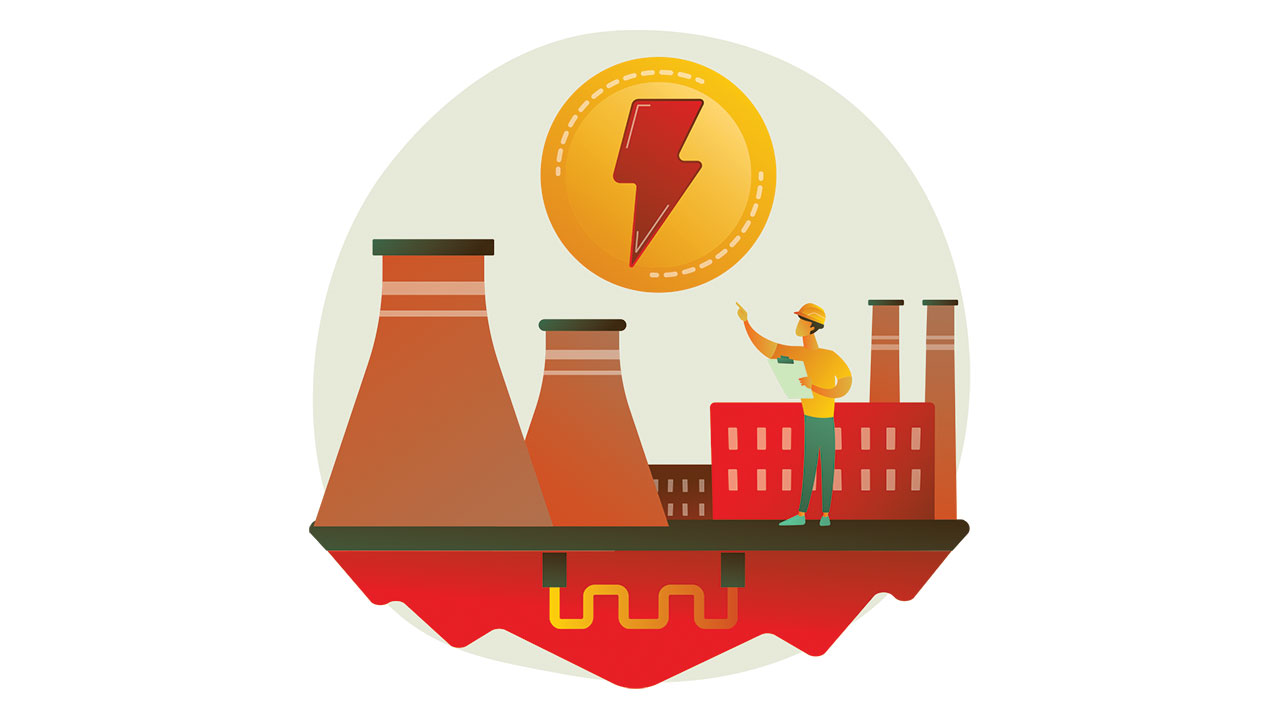Yellow Pad
By Nazareth Del Pilar and Rayyan Hassan

The Asian Development Bank (ADB) is preparing to walk back one of its most important energy commitments. In 2021, the Bank pledged not to finance nuclear power, recognizing its steep costs, unresolved waste problems, and catastrophic safety risks. Now, in its 2025 Energy Policy Review, the ADB is considering lifting that ban. This reversal risks locking Asia into decades of debt, danger, and delay at a time when the climate clock is ticking.
Nuclear’s reputation as a “clean” climate solution collapses the moment you look at the facts. It is slow, prohibitively expensive, and inherently unsafe. Globally, nuclear disasters show why these fears are justified. Fukushima in 2011 displaced over 150,000 people and left parts of Japan uninhabitable for generations. Scientists warned that such catastrophic accidents could occur every 10-20 years, given the number of reactors worldwide.
In India’s uranium mining belt of Jaduguda, Indigenous communities have lived for decades with radiation-linked cancers, congenital disorders, and poisoned lands. The uranium extracted there powers reactors hundreds of kilometers away, yet local people pay the true cost in their bodies and livelihoods.
In Tamil Nadu’s Koodankulam, fisherfolk have organized for decades against nuclear reactors that threaten their lives and the seas that sustain them. In Maharashtra’s Jaitapur, farmers and fisher communities have resisted one of the world’s largest proposed nuclear complexes, warning of ecological damage and irreversible threats to livelihoods.
The Philippines knows too well the dangers of nuclear energy. The mothballed Bataan Nuclear Power Plant left behind illegitimate debt, environmental damage, and decades of community resistance in a disaster-prone region. Yet, as the country moves to pass a legal framework for nuclear power, it brings back the fears of the residents and anti-nuclear advocates in the country about how costly it would be for the communities and the environment.
Indonesia’s plan to build out nuclear power plants in West Kalimantan threatens the region’s rich biodiversity and encroachment on Indigenous Peoples’ lands. Often viewed as a “game changer” and a thrust to energy transition, building huge infrastructure projects such as this increases the risks of reprisals, displacement, and serious health hazards to them.
Nuclear’s problems are not limited to accidents. The economics is equally dire. Projects routinely cost billions more than planned and take decades to complete. In Asia, where climate action requires rapid, decisive cuts in emissions, pouring scarce resources into projects that may deliver power only in the 2040s is reckless.
Meanwhile, renewable alternatives are already cheaper, faster, and more flexible. Solar and wind with storage can be deployed in months, not decades. They scale to communities, cut energy poverty, and build resilience against climate disasters. Every dollar directed toward nuclear is a dollar stolen from these proven solutions.
The ADB brands itself as Asia’s “climate bank.” But lifting the nuclear ban would make that claim ring hollow. Nuclear power delays and does not accelerate decarbonization. It diverts public money to a dangerous industry while exposing millions to long-term health and safety risks.
Worse, it undermines the Paris Agreement’s goal of rapid, equitable emissions reductions. Asia does not need another false solution. It needs people-centered, decentralized, and renewable energy systems that serve communities rather than sacrifice them. If ADB is serious about its climate commitments, it must resist nuclear lobbying and reaffirm its 2021 commitment.
As ADB prepares to lift its ban, it could steer financing and policy toward a risky nuclear path under the guise of technical assistance across its Developing Member Countries. Nuclear is expensive. Nuclear is dangerous. The reality of Nuclear Energy means making huge sacrifice zones where communities are left to suffer. And nuclear is a derailment of our climate future. ADB must not waste another decade (or another dollar) on this false solution.
Nazareth Del Pilar is the just transitions advocacy officer of the NGO Forum on ADB. Rayyan Hassan is the executive director of the NGO Forum on ADB.